«Teachers are not listened to and here is the proof. We are tired and what we see is that the Government does everything but make the teaching career attractive». The words, by Elsa Correia, reflect what was in the soul of the approximately 50 teachers at the EB 2,3 Joaquim Magalhães School, in Faro, who went on strike at the first half of the morning of this Tuesday, January 11th.
“Education without appreciation, Portugal in self-destruction”. "It's a strike because it's serious". “By fighting we are also teaching”.
These were just some of the slogans that could be read on the dozens of posters that teachers held, early in the morning, outside the school.
Clotilde Nunes, a 3rd cycle French teacher, was one of them. «I am hired and I came from Coimbra without any support», she begins by telling the reporter Sul Informação.
Since December, the month of the beginning of this strike, for an indefinite period, this was the first demonstration carried out by the teachers of EB 2,3 Joaquim Magalhães.
The «many» demands of the teachers are explained by Clotilde Nunes.
«Our struggles involve valuing our teaching career, progression, fair evaluation, the end of quotas, the binding of contractors, the rapid updating of salaries, less bureaucracy, less grids, less paperwork and fewer meetings», he says.
Another of the main issues that motivated this strike, called by the Union of All Teachers (STOP), and which other unions have already joined, involves the idea of municipalization – transforming teacher competitions into municipal lists.
The Government has insisted that this is not on the table, but teachers don't believe it until "there is nothing written".
João Costa, Minister of Education, has already anticipated, moreover, the negotiating round with the unions and even promised proposals "beyond" what was proposed by the teachers on the revision of the recruitment system and the mobility of teaching staff.
“We are not going to believe the Minister's statements. If municipalization could be a solution? Obviously not. It is an invitation to corruption and cronyism», considers Clotilde Nunes.
At his side is Cláudio Brito. Professor of History and Geography at the Grupo de Escolas Padre João Cabanita (Loulé), decided to join this protest, in Faro, because «this is not a fight for schools, but for everyone».
«When I graduated, I was given the guarantee that I would go on to an attractive and stable career. However, in these last 10 years, among the various Governments and ministers we've had, what I see are teachers who have had their homes on their backs for too long, mortgaging their future and their lives», laments the Sul Informação.
Cláudio has been a teacher for 10 years, he is from Coimbra and he was also forced to head to the Algarve, where he has worked in several schools.
«There are many people who give up their careers, which is ungrateful for the country and for this generation», he says.
And what would be the solution?
«In my opinion, a subsidy should be created for displaced teachers or help with costs, especially in places like Lisbon and the Algarve that have very expensive rents, or, in compensation, truly provide salary stability and greater progression in teachers’ salaries – by instead of the 1050, 1100 euros that a hired teacher can earn over 20 years», defends Cláudio Nunes.
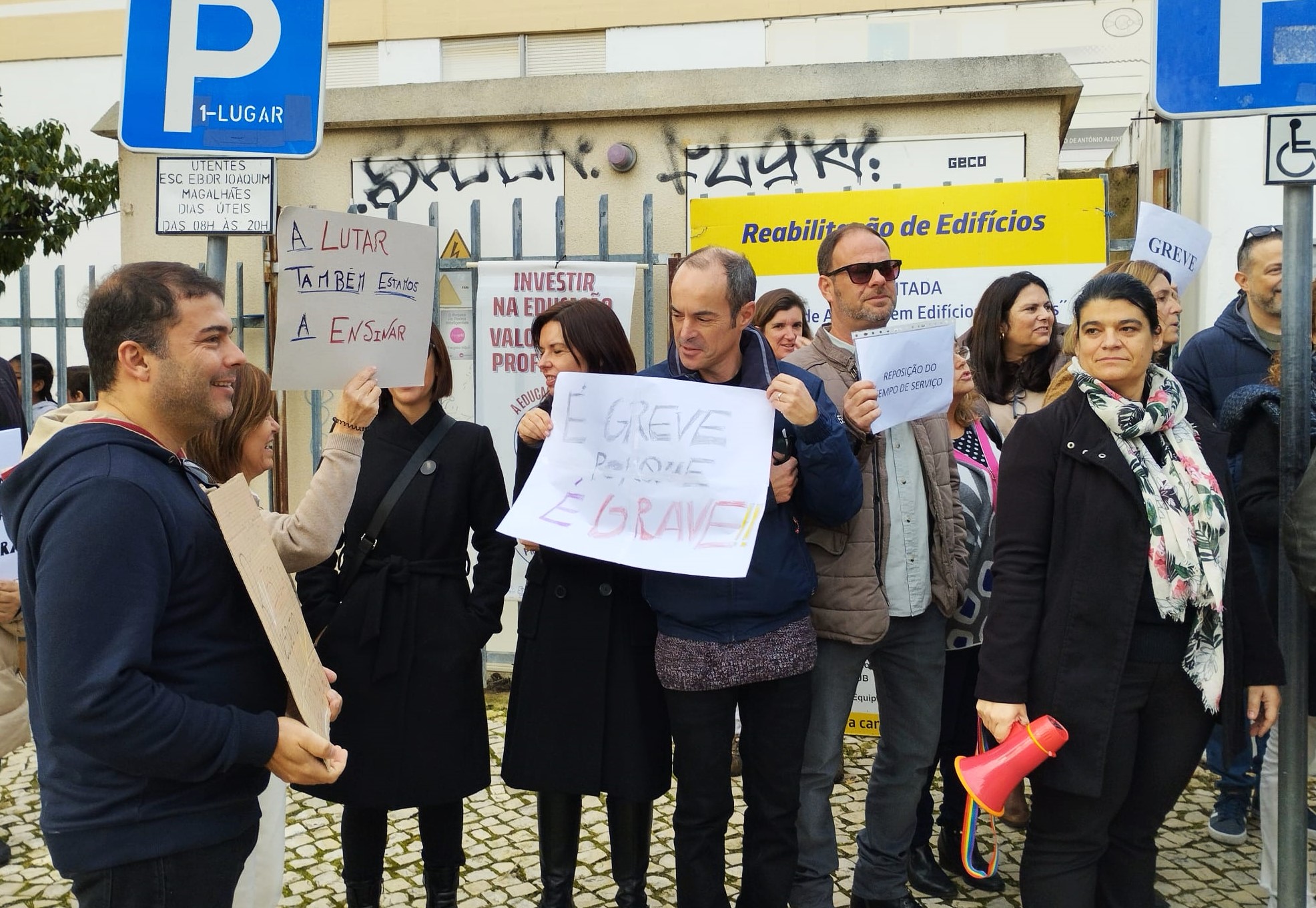
Elsa Correia is one of the main faces of the demonstration. She sings slogans, like “Costa, listen, the teachers are fighting!”.
«I am dissatisfied. I do not agree with the way the Government has treated us over these years. The career is not attractive: it is very exhausting, there is more and more bureaucracy, there are more grids, more confusion that have no practical effect on student learning», he tells Sul Informação.
For the Physics-Chemistry teacher, «there is, more and more, an enormous difficulty in finding teachers».
«All the changes that have been made do not bring any objective to what is intended to be the improvement of the quality of teaching. The issue of quotas, to move up a step, also makes no sense», he argues.
Elsa Correia complains, above all, that teachers “are not listened to”.
«They should talk to the teachers: we have meetings, to give our opinion, but this has to go up there. You come to a direction of a school and you can't get past it », he laments.
If they are not heard, the major concern of these teachers is transversal:
«The foundation of a country is education and we run the risk of running out of teachers».
Photos and video: Pedro Lemos | Sul Informação
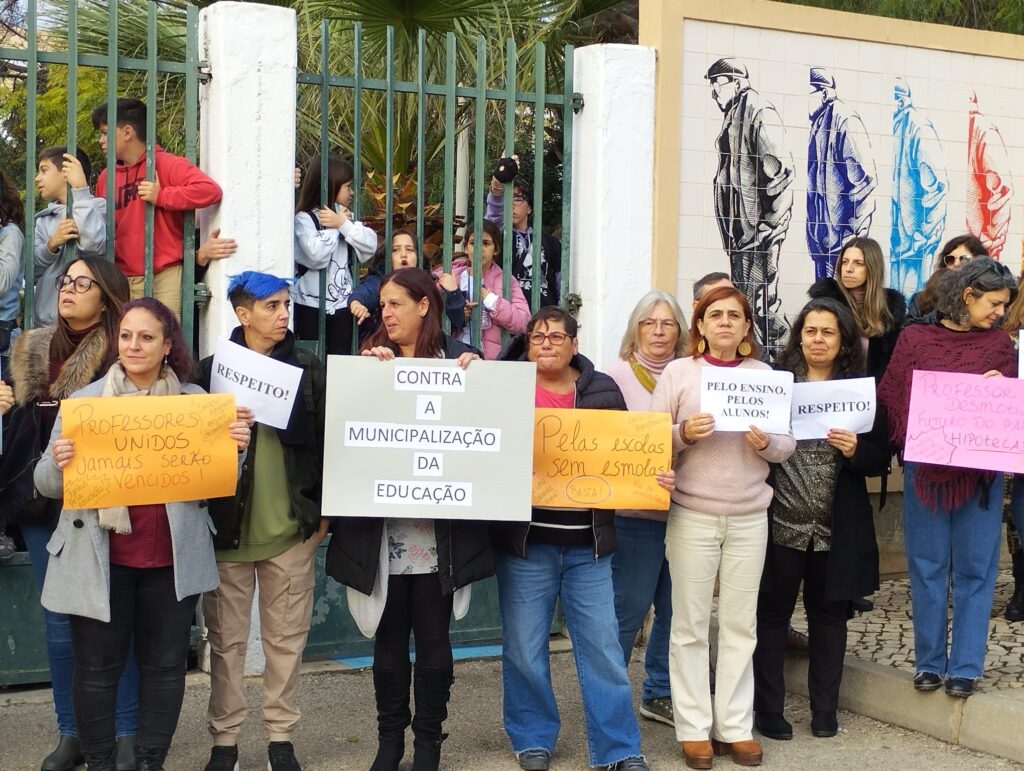
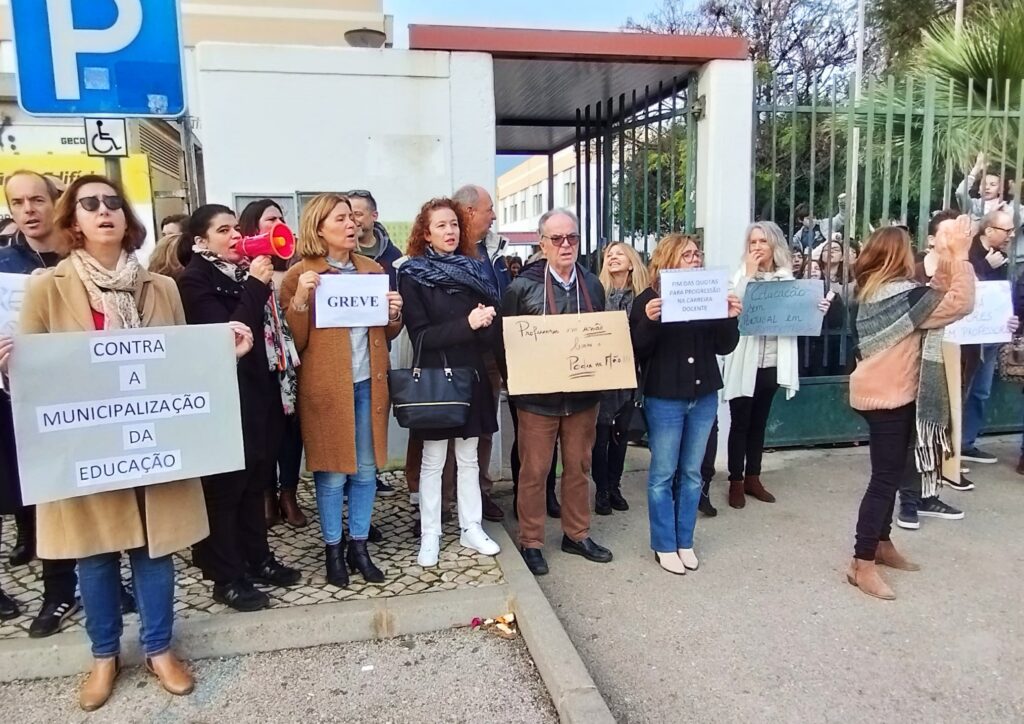
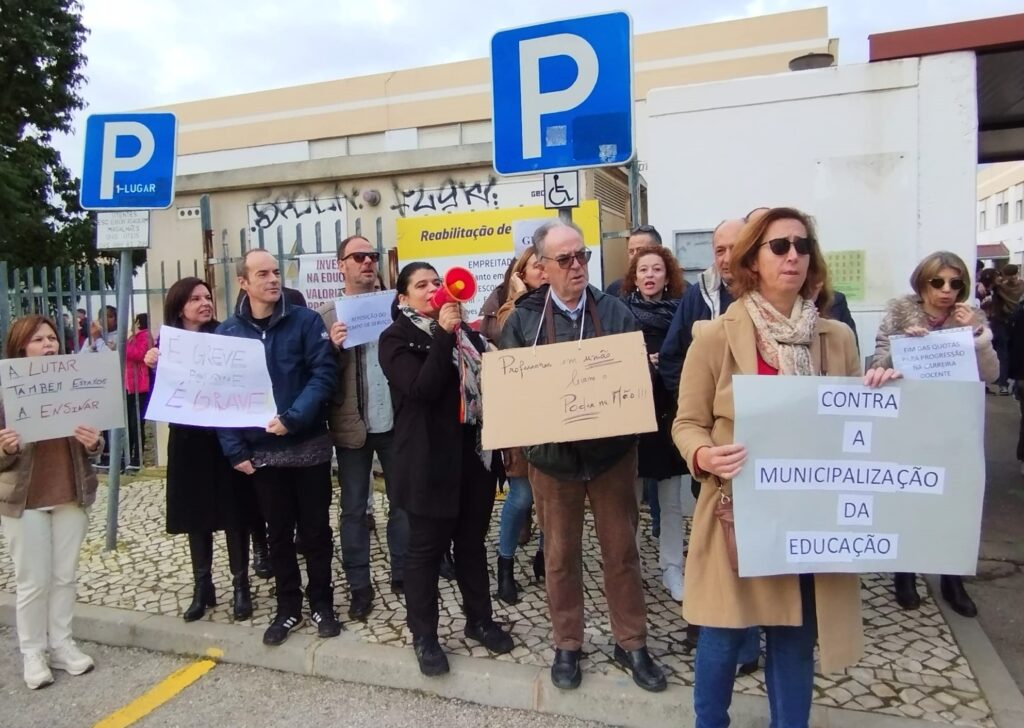
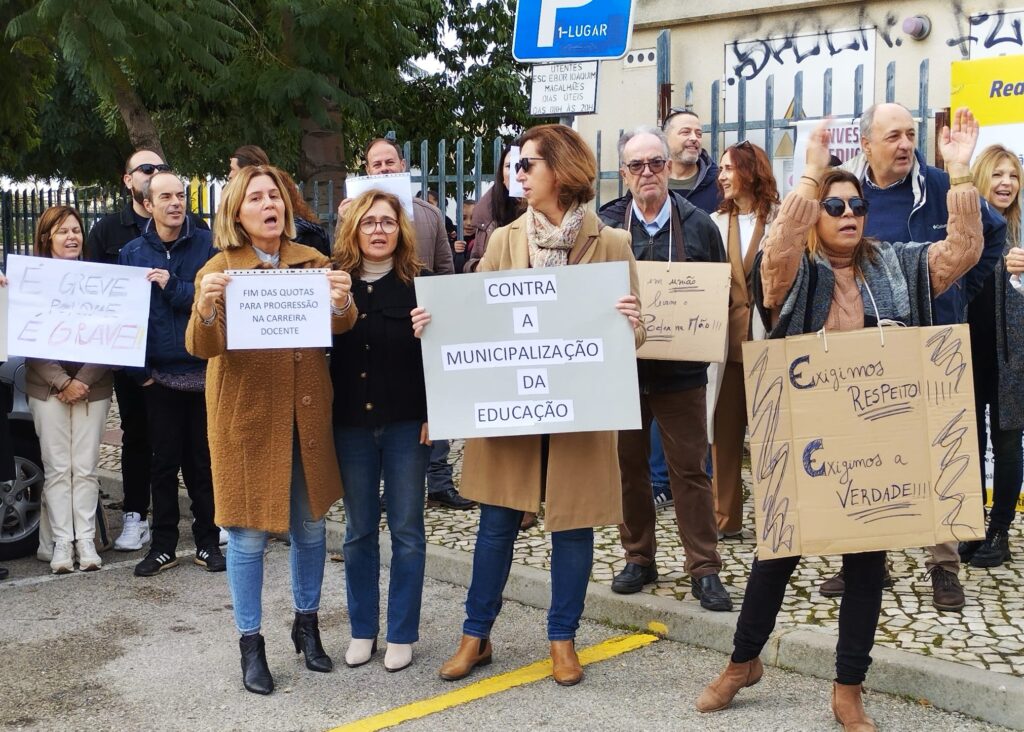
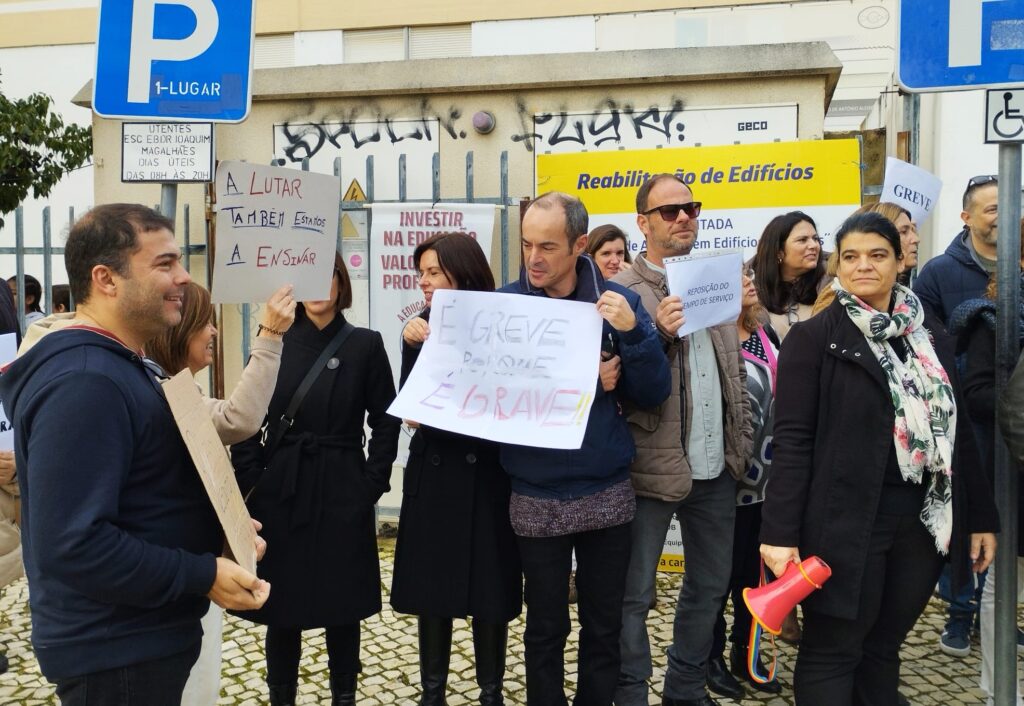


















Comments